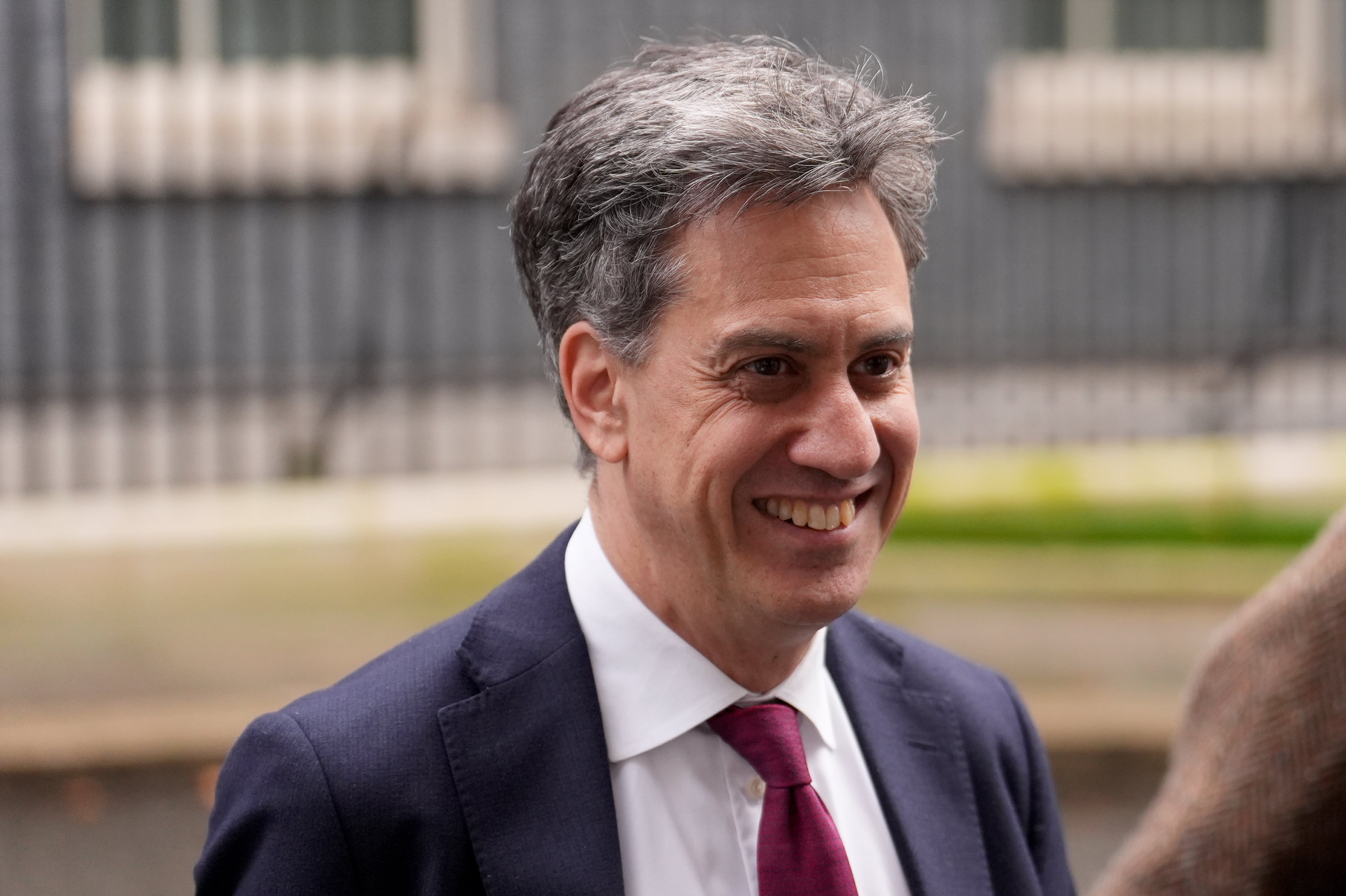The average cost of energy bills is set to rise five per cent to £1,823 from April according to the final forecast from trusted research group Cornwall Insight.
This would be a £85 increase from the current rate of £1,738, which was remains in place for the period covering January to March.
Cornwall Insight is considered a reliable source of energy price forecasts for many analysts, using a robust system to make its calculations. The predicted five per cent rise is at the lower end of previous forecasts, which had reached as high as seven per cent.
While the official rate won’t be known until 25 February when it is announced by regulator Ofgem, a rise is now all but confirmed. This means the UK will see the third consecutive rise in April, as the price cap reaches its highest level since January 2024.
Ofgem sets the energy price cap every three months to establish the maximum amount that consumers can be charged for each unit of energy in the UK. It is expressed as an annual bill for an average home.

Dr Craig Lowrey, principal consultant at Cornwall Insight: “Households have been hit hard over the past few months, and with bills set to rise for a third consecutive time the pressure is not letting up.”
“It might be tempting to look at rising bills and conclude that the push towards renewables is not working, and we should scale back on the transition. But the reality is higher energy costs only reinforce the need to accelerate our expansion of clean, reliable energy across the UK.
“Short-term measures, from social tariffs to one-off payments, will be crucial to ensure that the most vulnerable are protected and that the burden of rising costs does not fall disproportionately on those least able to afford it.”
Dr Lowrey adds that cold weather and low gas storage levels across Europe are the two leading contributing factors to the rise. Experts have also pointed to increased volatility in the global gas market after the transit deal that allowed gas to flow to Europe from Russia via Ukraine recently ended.
While the cap is not reaching the heights of the energy crisis in 2023, when it peaked at £4,059 for the first three months of the year, many households will be disappointed to see it continue on an upwards trajectory.

A Department for Energy Security and Net Zero spokesperson said: “Every family and business has paid the price of rising energy bills, which are a direct result of Britain’s vulnerability to volatile global gas markets.
“By failing to invest at scale over many years in the clean, secure, homegrown power our country needs, we have been left exposed to the consequences of events beyond our borders.
“The only way to bring down bills for good is by making Britain a clean energy superpower, which will ensure our energy security, protect consumers, create jobs and tackle the climate crisis.”
Energy secretary Ed Miliband recently wrote to Ofgem to urge them to crack down on soaring costs ahead of the expected price rise. The former Labour leader said the regulator must tackle the ““rollercoaster” of global gas markets.
National Energy Action Chief Executive Adam Scorer said: “This will be a third successive increase in energy bills, coming after three years of abnormally high energy bills. Wholesale prices suggest a further rise in summer. It will feel like an interminable winter for so many, with energy a luxury they simply cannot afford.
“There is no getting used to this new normal for the people we try to help. Millions of the most vulnerable households are struggling with debt and severely rationing their heating.”







